Can a VPN IP address be traced? How to prevent it?
6 min. read
Updated on
Read our disclosure page to find out how can you help Windows Report sustain the editorial team. Read more
Key notes
- One of the most pressing matters for the regular VPN user is whether or not can a VPN IP address be traced.
- Although it could happen, chances that your real IP address can be traced through a VPN are very slim. The good news is that you can do something about it.
- Check out our best VPNs that can help you protect your privacy.
- Visit the Security Hub to learn more about maintaining your device's security effectively.

One of the most pressing matters for the regular VPN user is whether or not can a VPN IP address be traced. We’ve already debunked a lot of myths and misconceptions, including:
- Can VPN affect WiFi?
- Is it possible to share VPN accounts?
- Is it possible to be hacked through VPN apps?
- Can VPN affect Internet speed?
- Can you change your location through VPN?
However, this is a whole new perspective that we need to apply to our knowledge. We already know that you can be traced through a VPN, although it’s not exactly very likely that you will.
Furthermore, we’re also in the know regarding whether can a VPN hide your IP address.
However, things are a bit more complicated than they appear, and we’re not entirely ready to give you a straight answer just yet.
So let’s find out if a VPN IP address can be traced.
What makes an efficient VPN?
One of the biggest concerns of casual VPN users is related to the efficiency of the service they chose.
But what makes a VPN efficient, to begin with? Well, for starters, a service that really delivers what it advertises should suffice.
For instance, you’ve maybe seen certain VPN services claim that you’ll be 100% anonymous while using their product.
However, there’s no such thing as 100% anonymousness. Not as long as your device is connected to the Internet, that is.
A VPN service, even a great one, can protect you to a certain degree. After that, the way you manage your online privacy and personal data is entirely your responsibility.
You could use proxychains, Tor, and a VPN back-to-back and it would all be worthless if you go post personal info for everyone else to see, visit shady websites, perform risky downloads and allow malware on your system.
That’s why we believe that a good, no, a great VPN should have the following perks:
- Zero-logging policy
- No data leaks while connected to the VPN (it should also include a killswitch)
- Top-notch security (VPN protocols, encryption keys, and algorithms)
- A large network of secure servers
Can my real IP address be tracked while using VPN?
1. Not being careful with your private data
Considering a VPN that has the traits described above, can someone track your real IP address while using that specific service? Well, we’ve said it before and we’ll say it again.
It all depends on your online habits. So, the answer is a cold, disheartening yes. Anyone with half a mind could track your real IP address, even while you’re using a VPN if you allow it to happen.
Normally, such a thing should be impossible, since you’re routing your entire traffic through a secure, encrypted tunnel.
Thus, for someone to be able to track your real IP address, they should be somewhere in the middle, between you and the destination service you’re trying to access.
2. Using a free VPN
Although it’s a bit unfair to just throw it out there, this is a well-known fact. Most free VPNs have sketchy privacy policies and don’t need to be asked twice before they hand out private logs about their customers.
Thus, if you’re using such an unfortunate free VPN, your online activity might be recorded. So all someone needs to do in order to trace your real IP is just getting their hands on that VPN‘s logs.
Note the logs have more than just your real IP address. Everything, including what websites you’ve visited, how much time you spent on each page, and what files you downloaded can be parts of those logs.
It’s worth mentioning that not all free VPN services have these poor customer data handling manners. There are also free VPNs you can trust, ones that wouldn’t compromise just to cash an extra few bucks.
3. Using a VPN that leaks data
This is one of the most important traits that separate amateurs from pros in the VPN industry. Truth be told, you’d be better off without a VPN than using one that leaks your private data every now and then.
We also can’t stress enough the importance of kill switches. Data leaks happen so quickly that they’re quite hard to spot as a client.
However, for someone listening to your connection 24/7, even a minor slip can reveal your true IP address.

Private Internet Access
Looking for a leak-free VPN? PIA has got your back.What a kill switch basically does is block your computer’s ability to revert to its default, insecure connection, in case the VPN connection is interrupted.
Thus, as long as you’re not connected to your VPN, your computer can’t connect to the Internet, unless you disable the kill switch.
The bad news is that certain VPNs might leak data even when the secure connection is active.
On the bright side, there are several ways to spot a leaky VPN connection. One of the most popular ways is using online third-party tools, such as:
Make sure to test if your VPN leaks private data before engaging in any activity that would jeopardize your privacy.
Your real IP address can be traced through VPN
All things considered, it’s safe to say that nothing is impossible nowadays, not even your real IP address being traced while using a VPN.
All it takes is a minor slip-up and someone who’s really determined to invade your privacy.
However, a few precautions at the right time might stop anyone who would attempt such a gig dead in their tracks.
Always be careful not to post personally identifiable information while behind a VPN, avoid sketchy websites, and don’t download shady content.
More so, make sure you choose trustworthy VPN services, ones that won’t log your data, and leak private information while you’re connected to their servers.
[wl_navigator]



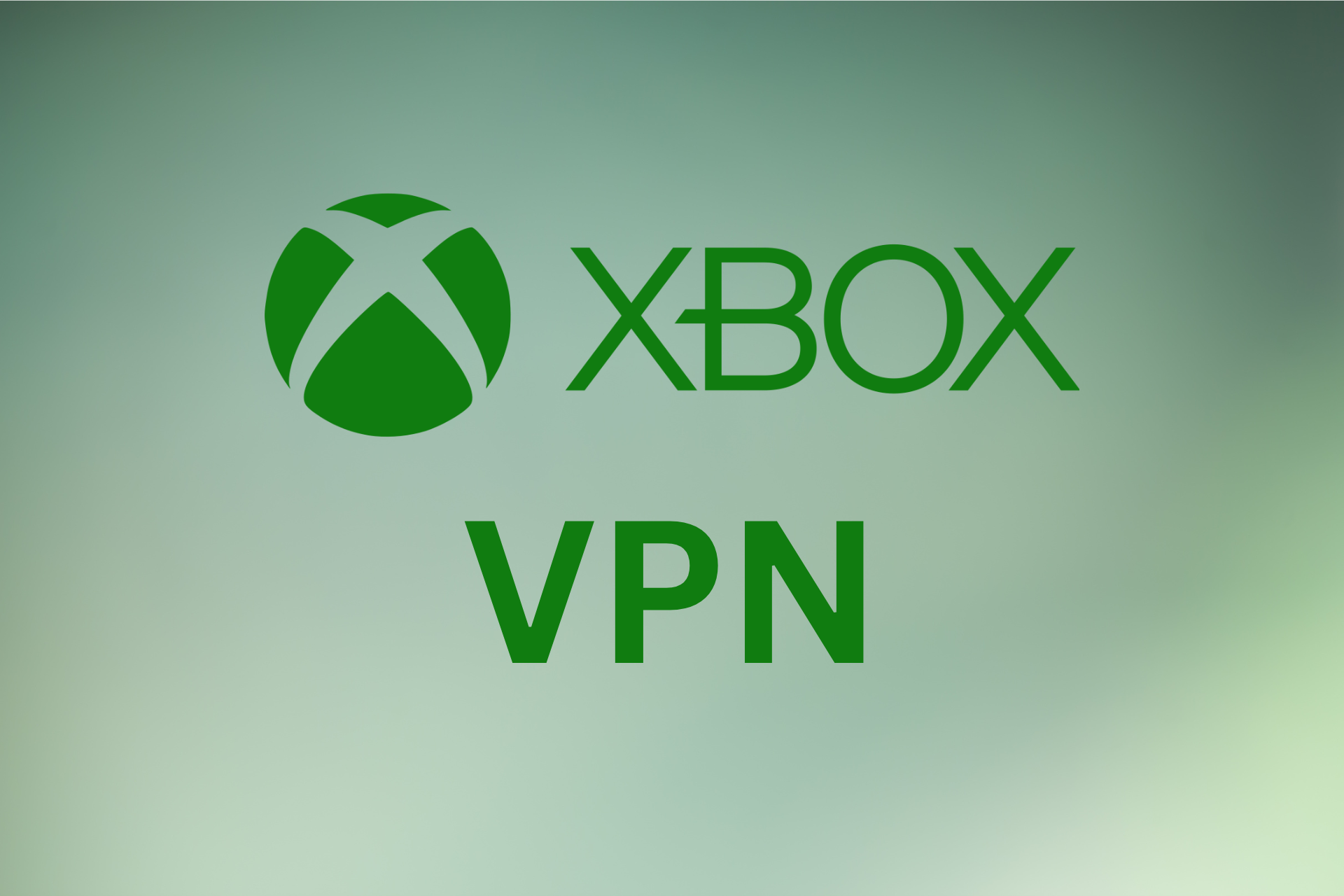


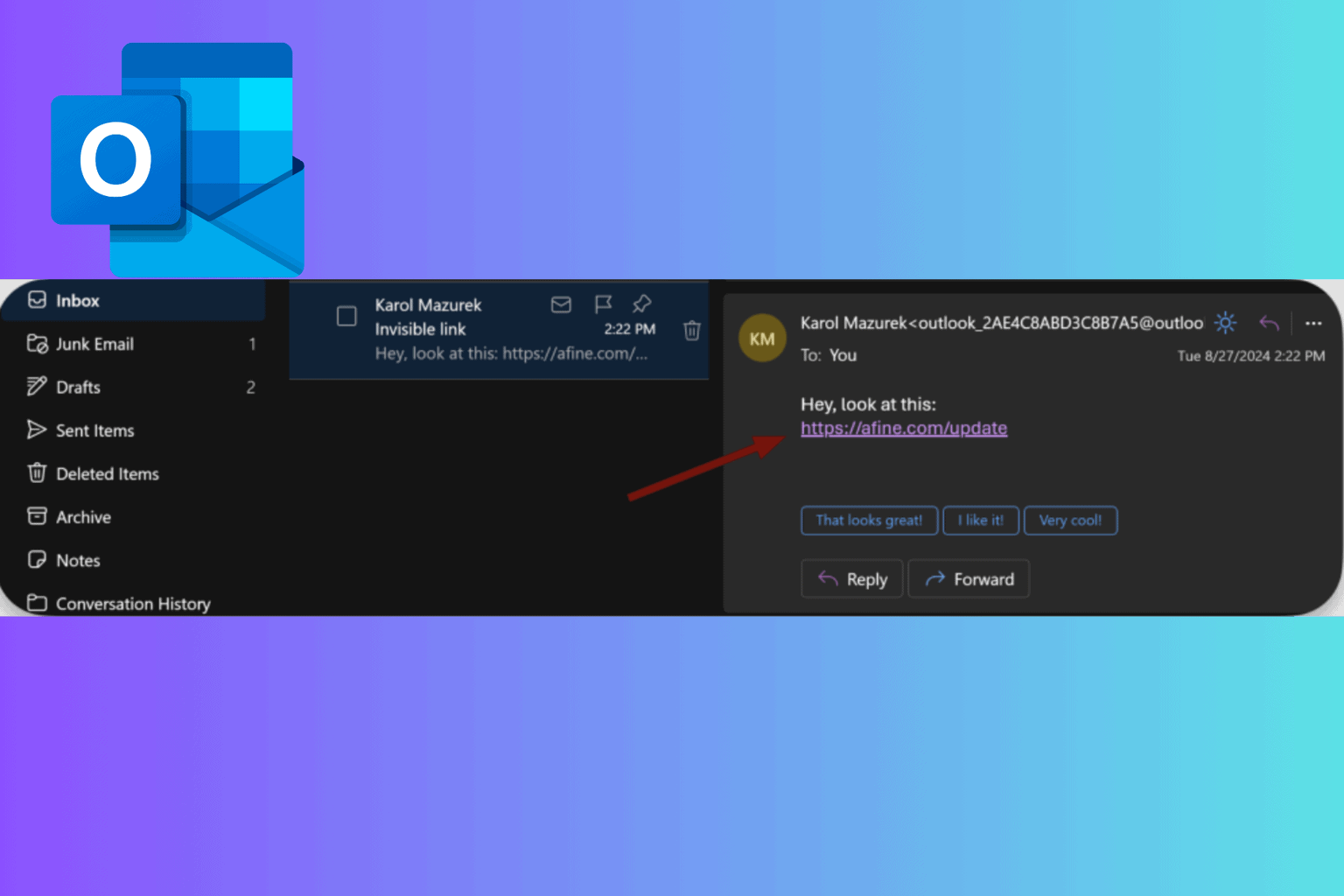

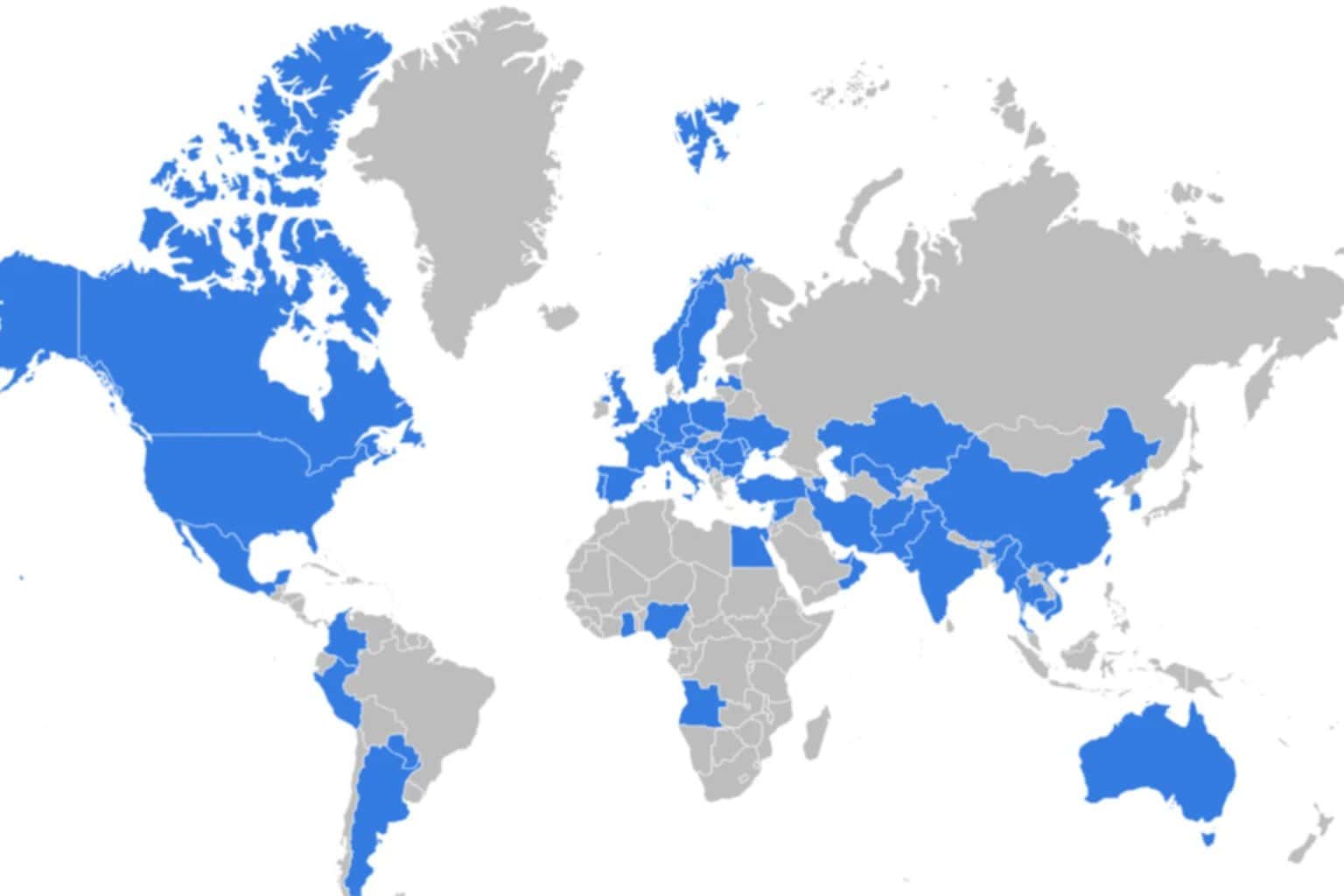
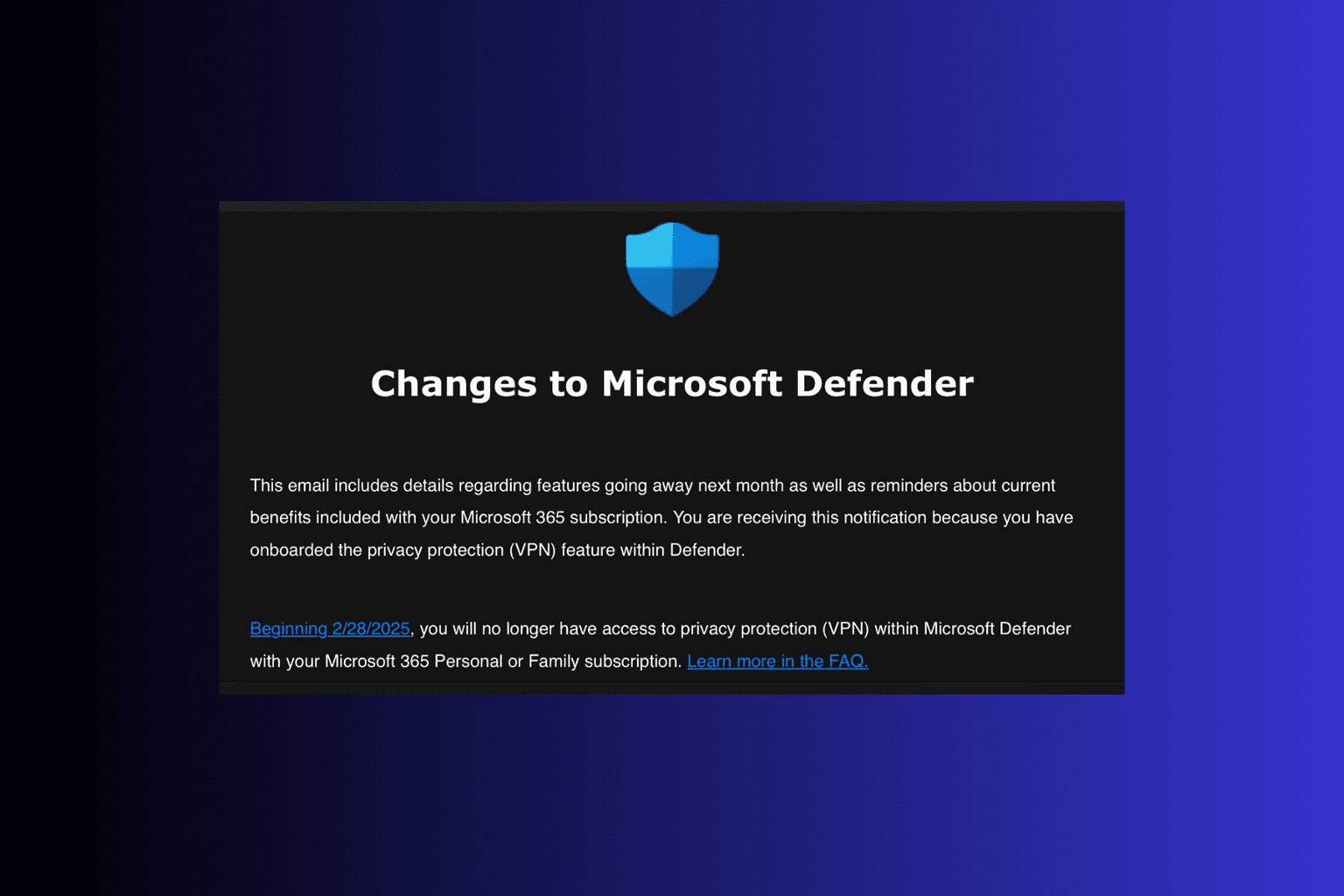
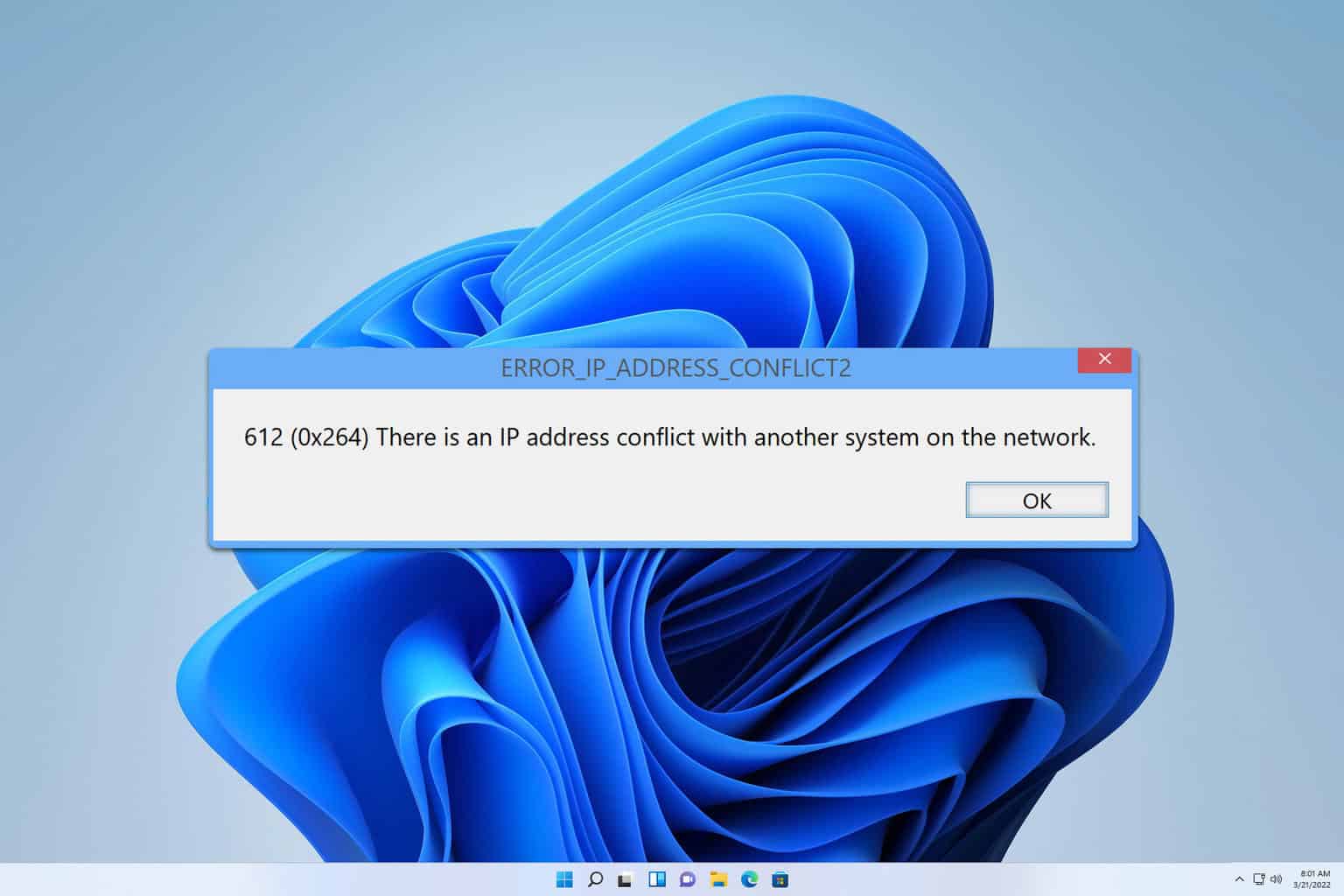
User forum
0 messages